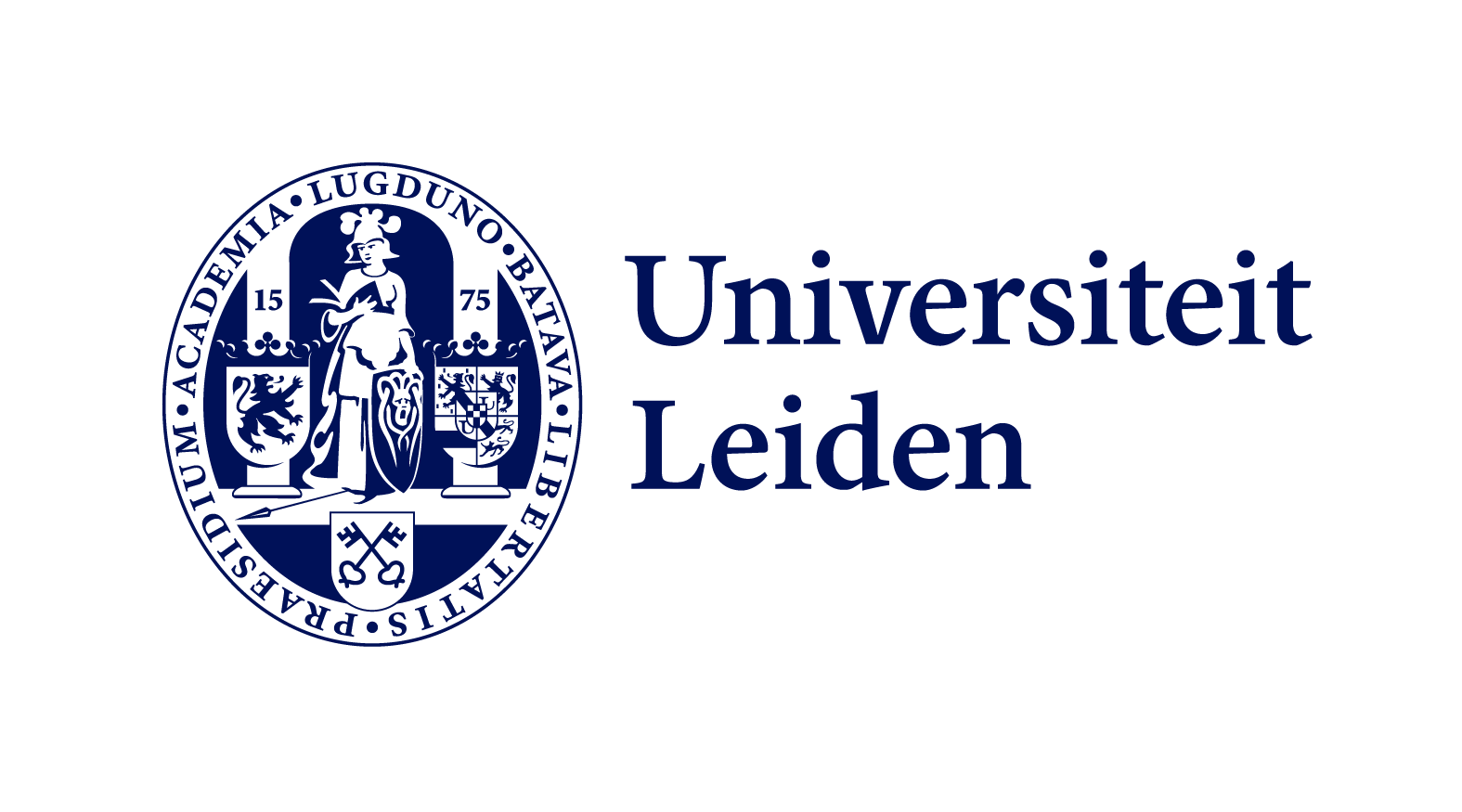 |
Leiden/Africa Partners: Fair Partnerships and Equal Exchange in Education |
 |
|
Would you like to explore how we can work towards fairer partnerships and more equal exchanges in education and research between Leiden and Africa?
|
|
|
|
|
|
|
|
A PlayShop on Fair Partnerships: In this workshop we will explore how we define fair partnerships and equal exchanges between Africa and Leiden University drawing on our own experiences of success and failure. This session will begin by playing a customised 'serious' game for the occasion: The Big Partnership Prize (1.5 hours of play time) and will end with a de-brief session on lessons learned. |
|
|
|
|
Africa and LUMC: This event organised by LUMC, showcases the innovative partnerships in education and research that exist between LUMC and various African entities. We will use this opportunity to dive into some existing methodologies on Fair / Equitable Partnerships and will work with these methodologies in break-out groups to apply them to partnerships. |
|
|
|
|
Global Education Innovation Network: This workshop marks the start of a new initiative led by a partnership between Learning Mindset at Leiden University College, the African Studies Centre Leiden, and others within the LDE alliance: the Global Education Innovation Network. The network aims to exchange, research, and scale-up innovative teaching methods. Members of the network will exchange innovative teaching methods, find partners interested in piloting and researching the impacts of their methods in new cross-cultural learning environments, and co-create new teaching practices with other members. The goal is to connect universities from Europe, Africa, and other regions on an equitable basis and facilitate the acquisition of external funding for collaborative educational development and research. |
|
|
|
How to teach 'wicked problems' in Europe and Africa: In our KIEM-funded project at Leiden University, we are working with the African Studies Centre to conduct a systematic review of academic literature about the best teaching methods to teach higher education students to effectively engage with wicked problems. We would like to bring together experts and educators from The Netherlands and partner universities in Africa to review the first findings from this review, exchange expertise, and identify ways to collaborate to improve our educational approaches. We are also especially keen to discuss how colleagues from different places navigate their (and their students’) own lived experience of the impact of these wicked problems in their day-to-day lives. Does this mediate the ways they teach and learn about them? The aim of the workshop is to gather feedback and identify collaborators to develop new projects (e.g. educational curricula) to enhance the education of wicked problems in the future.
|
|
|
|